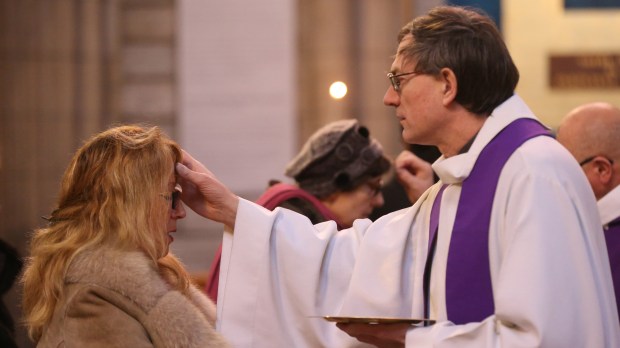Ash Wednesday is well known among Roman Catholics as the official starting day of Lent. Yet, the Church doesn’t recognize it as a holy day of obligation.
Why is that?
The primary reason why Ash Wednesday is not a holy day of obligation is because it is a day of fasting, as opposed to a day of feasting.
The Catechism of the Catholic Church spells this out in its section on the Sunday obligation, explaining how Sundays and other days of obligation are days of rest, where we commemorate the Paschal mystery.
Sunday is the day on which the Paschal mystery is celebrated in light of the apostolic tradition and is to be observed as the foremost holy day of obligation in the universal Church.
On Sundays and other holy days of obligation the faithful are bound . . . to abstain from those labors and business concerns which impede the worship to be rendered to God, the joy which is proper to the Lord’s Day, or the proper relaxation of mind and body.
CCC 2177, 2193
Feast days vs. fast days
This is also clearly indicated in the Code of Canon Law, which lists holy days of obligation under the heading “Feast Days.” It is followed by the head “Days of Penance,” under which “Ash Wednesday” is specifically mentioned.
In other words, Ash Wednesday is not a holy day of obligation because it is a day of penance and not a feast day.
Furthermore, since Ash Wednesday is a day when we are obliged to fast from food and abstain from meat, it doesn’t fall in line with Sundays, which are days of feasting and resting. A holy day of obligation is meant to be, like Sundays, “another Easter,” when we rest and rejoice in the resurrection of Jesus.
Still, the Church highly recommends that all Catholics attend Mass on Ash Wednesday, as it sets the mood for the remainder of the 40 days, preparing our hearts for the glorious feast of Easter.



